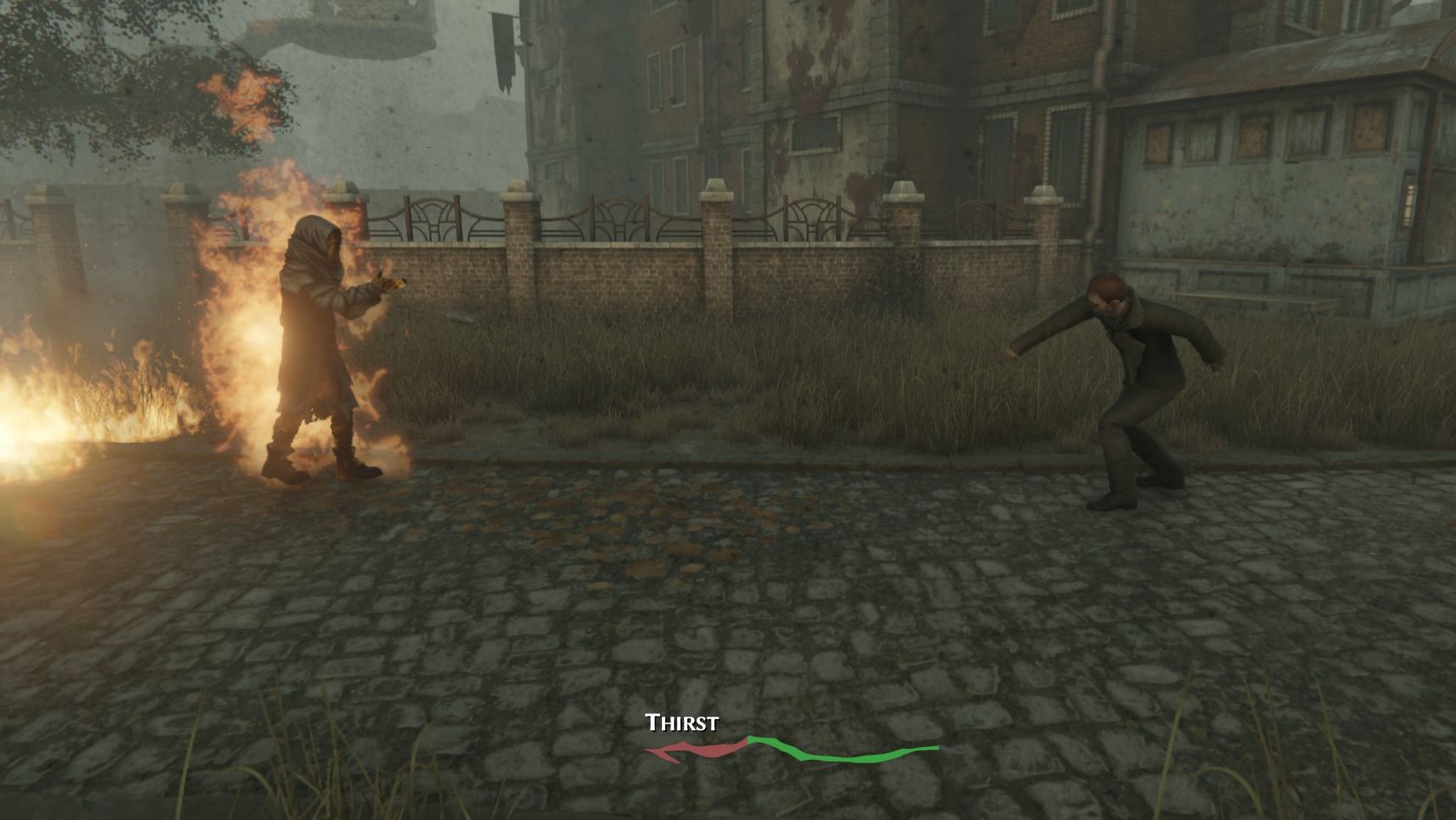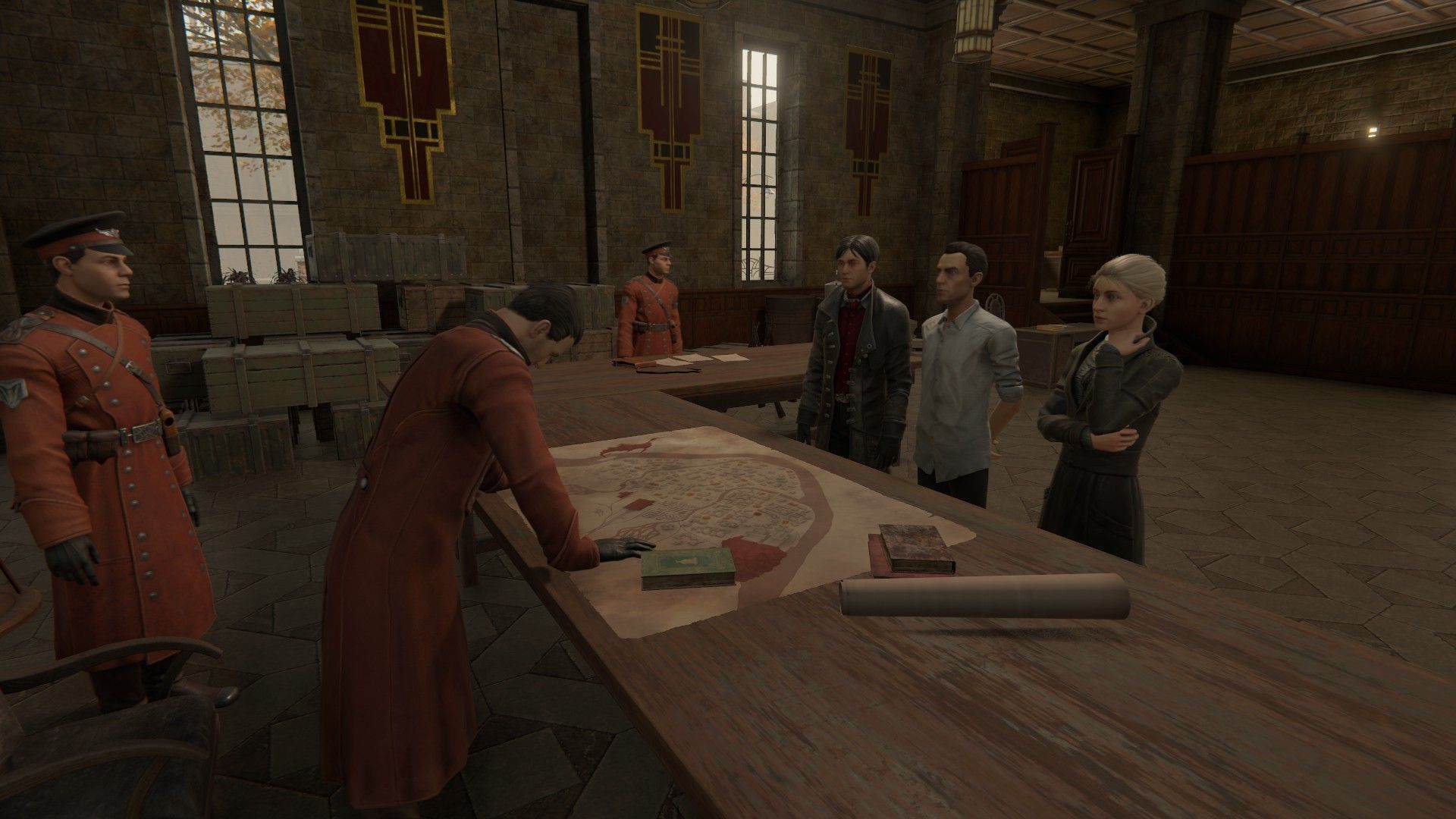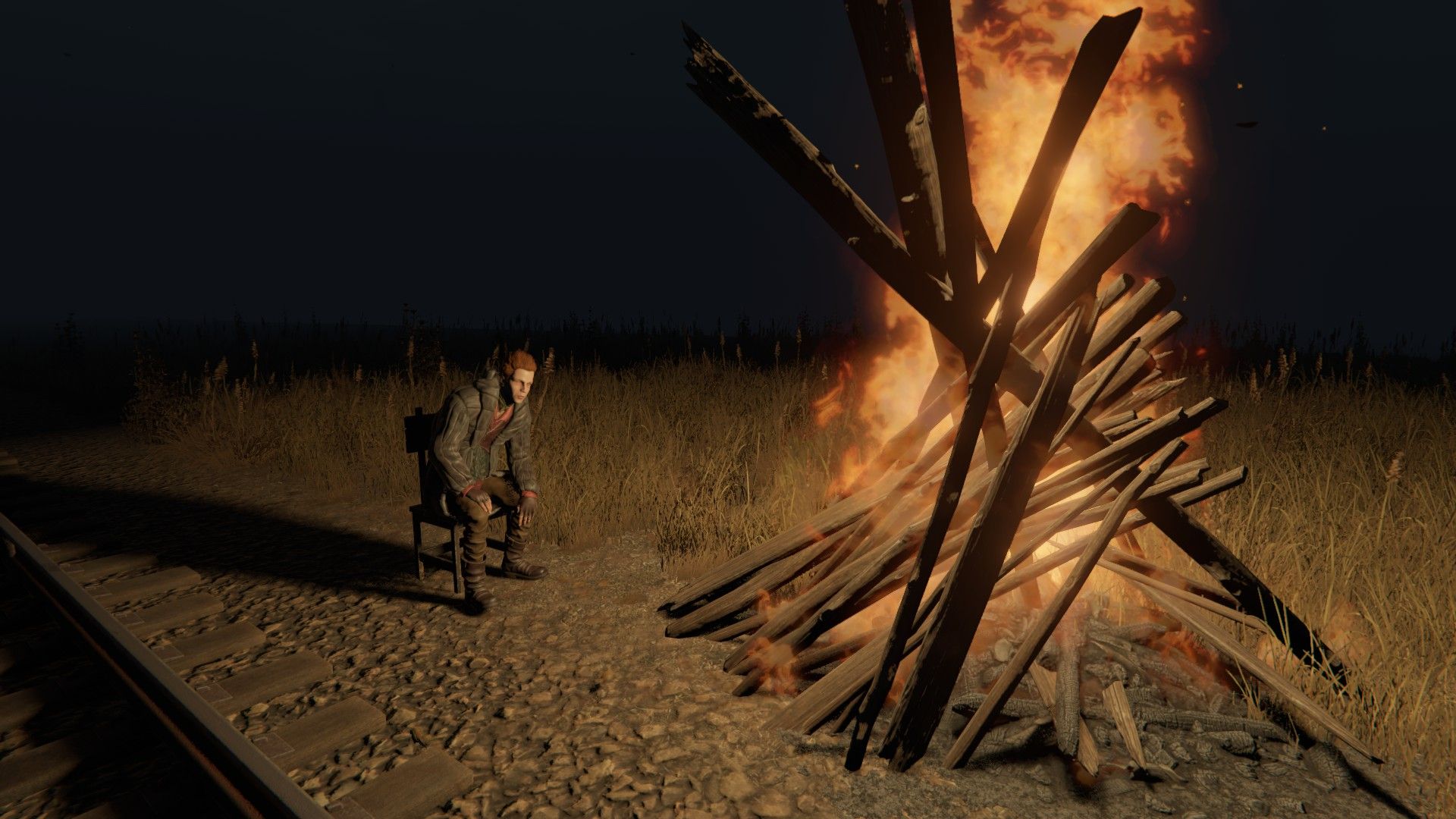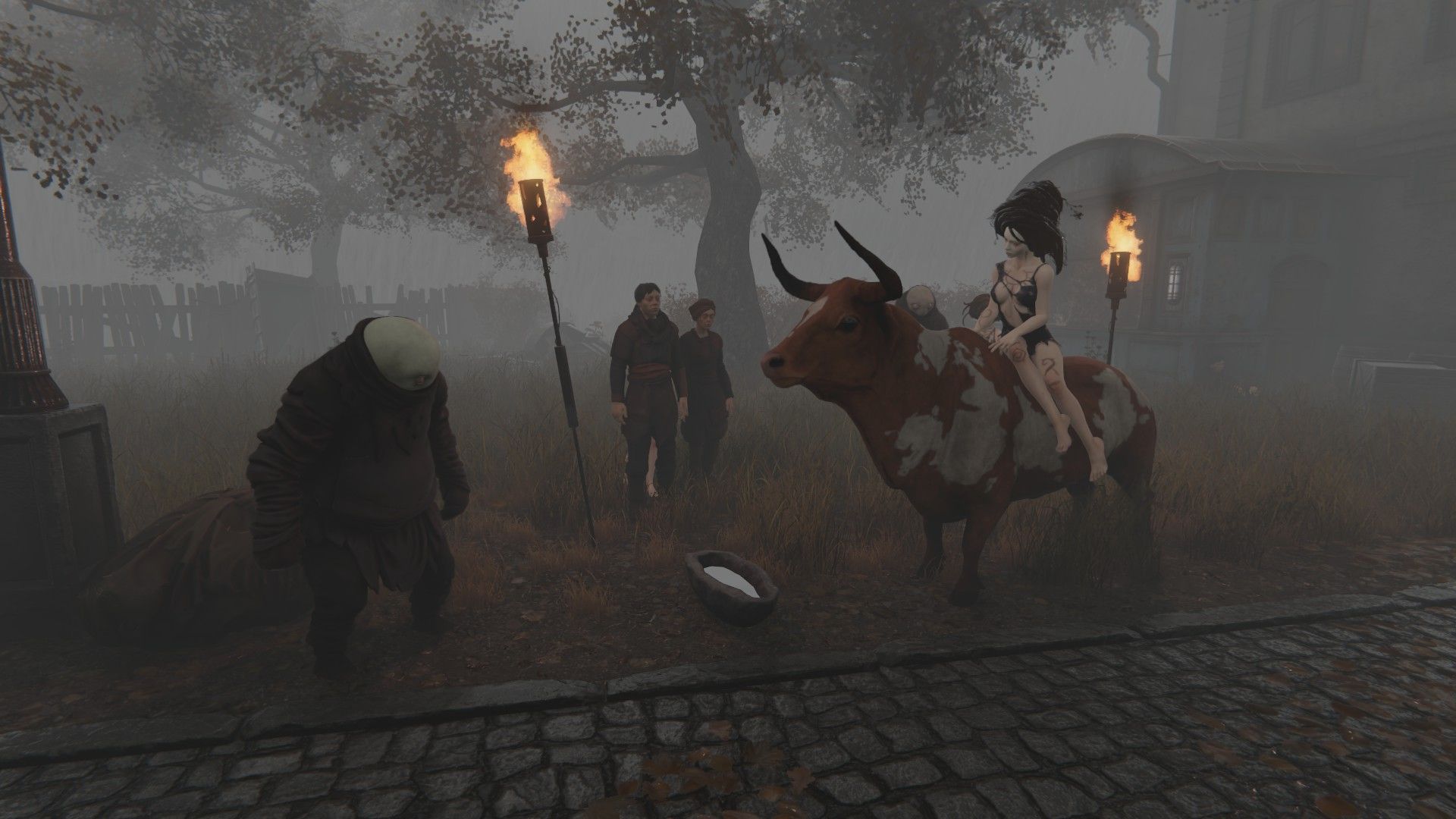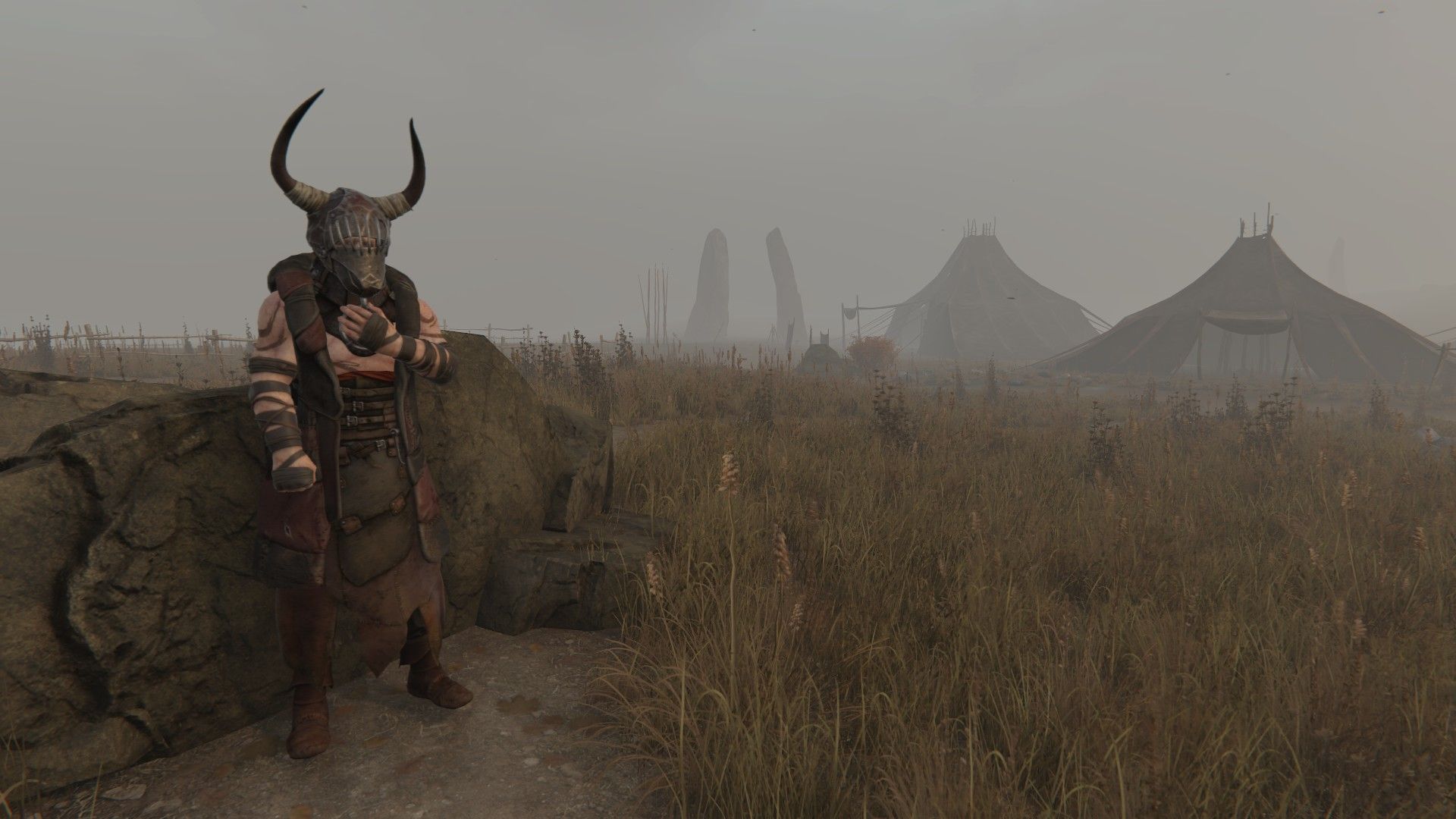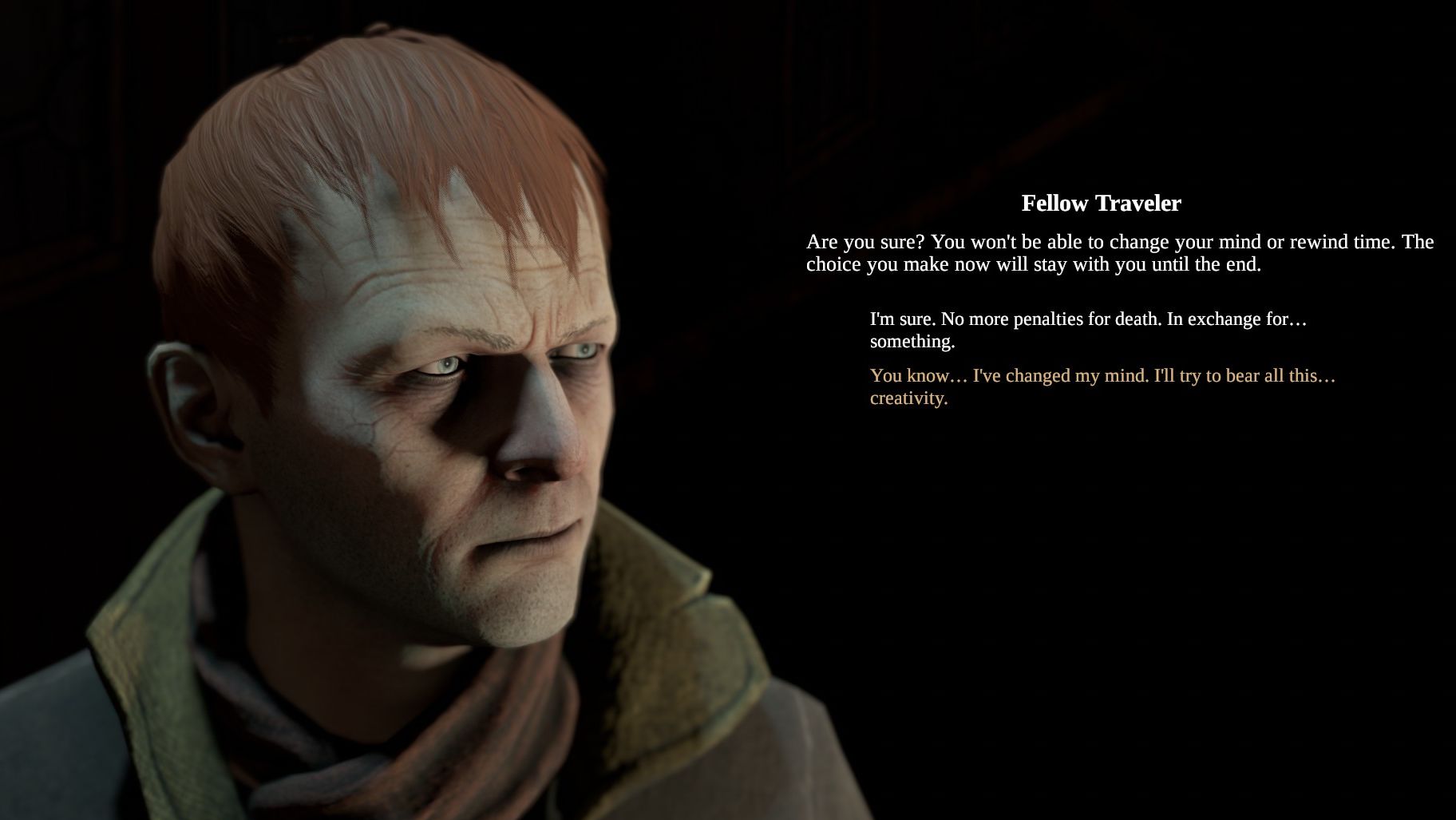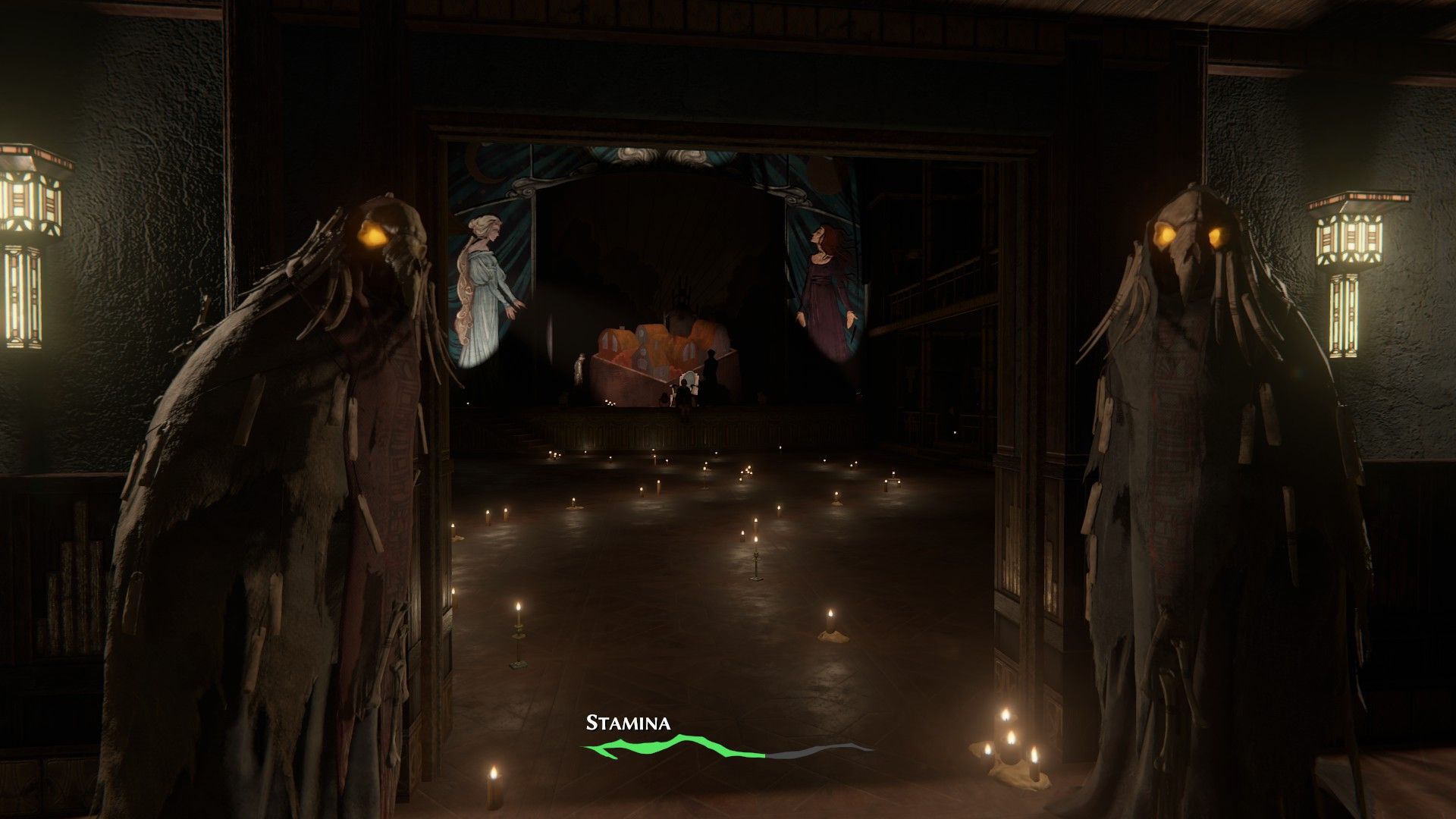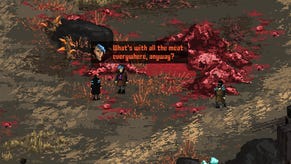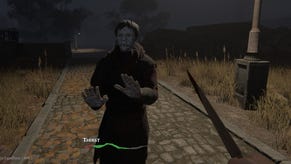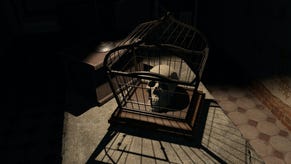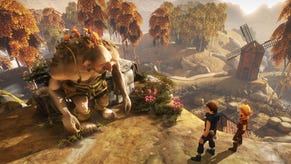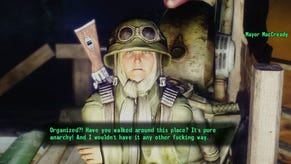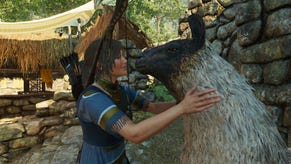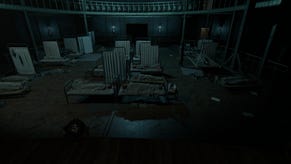Pathologic 2’s easy mode lets you soak in the dread of an unwell town
The sense of an ending
There’s a woman wailing in that house. I keep walking. I walk until her screams are out of earshot, then I look at my map. I can see the noisy house drawn here, a square box with a little circle around it. I look closer. “You can hear wailing,” it reads. I close the map. I keep walking. I need a cog - a rusty cog, a clean cog, any cog. All the water pumps in town are broken, I only need a cog to fix one of them. You can hear wailing. I need the water to make medicine. It’s getting late. The thugs will be out soon. You can hear wailing. I need a cog. I haven’t met anybody with a cog in days. Where are the godforsaken workmen? You can hear wailing.
Shut up, no I can’t. Shut up. There’s nobody in that house. And even if there was, they can take care of themselves. I need a cog. Shut up, Pathologic 2. I need a cog.
Warning: spoilers and stuff.
Pathologic 2 is a survival game of dread and guilt and time. It is also way too difficult, at least if you play on its original difficulty setting as I did for our olde Pathologic 2 review. You might consider this our newe reviewe, because since the game's release the developers have updated the scrounge ‘em up with an easy mode. But also a set of sliders that lets you tweak your own difficulty. You can crack the hunger rate down to 50 percent, you can slow the rate of infection, tiredness, and thirst. You can make your clothes more hardy, so your boots are less likely to fall apart at the worst moment.
The purists are probably wretching and tearing their hair out as I mention each of these concessions (and they are probably enjoying that, the perverts). But such tweaks are the only reason I came back to this strange, horror-tinged game of plague-doctoring. After all, I promised to return if it added an easy mode. As a result, I’ve now wandered bootless through this sickened town for 32 hours and have hit the game’s ending (well, an ending, but more on that later). I’m glad I did, even if it hasn’t all been smooth.
There are still rubbish bits. Fighting thugs and other scary things is still a wobbly, blurry gong show. Clouds of swarming pestilence have a habit of appearing out of nowhere, or zooming towards you without giving you time to react. Criss-crossing questlines sometimes don’t align, leading to mismatched dialogue, and the children and beggars of the street sometimes glitch into that familiar T-pose of character models gone awry. Inconsistencies in the story also sometimes crop up (I once went to see an organ dealer, for example, and the game seemed to expect me to know who he was even though we’d never met). For a story about personal choice and separate flakes of fate mushing together like a big bowl of All-Bran, the game is often unable to keep track of your comings and goings.
But with the major annoyances kicked into submission (the punitive hunger bar reigned-in, the overzealous infection meter crushed), the lesser rough edges become non-issues. There’s too much creepiness in the streets and factories to care. I quickly became a patron of the cobblestones. Even the easiest difficulty preset still has its challenge. I still needed to barter with shoeless children to get my daily salted fish supper, and there were plenty of times I felt desperate for a particular item (where is that wretched cog) or was racing against the clock to reach a dying friend.
But it was not endless crushing despair. I now had some time to visit my friend Lara, and desperately press some pills into her hand. I had the spare hours to meet my childhood pal Bad Grief by the train tracks, hoping to sabotage the arrival of an unnerving Inquisitor by blowing up the tracks. And I had the time to feel annoyed, and watch the sun rise, when my old friend refused to help.
The town is an unsettling and corrupting place. One day, I saved a crying baby from a house in an infected zone. The next day, I walked past the house with the wailing woman and did nothing to help. In time, I would ignore the sounds of other crying babies. Don't look at me like that. I was low on immunity pills, I didn’t want to get infected. I have my own problems. I needed to get home and brew a potion to treat my ward, Sticky. Isn’t Sticky a child too? Isn't he worth saving? You don’t understand, there’s too much to do. I saved one baby, isn’t that enough?
Sticky would die of the pest a few days later. I saw him once more, in a dream that sometimes comes to you when you sleep in the game. He had his head turned away from me.
“I’m going to become a real doctor,” he said.
The game is fond of reminding you that you can’t save everybody. The plague is rampaging from district to district like a pestilential rhinoceros, and you don’t have the time or resources to treat everyone. Even when you do treat them, they may still die. And that lack of control in the face of an unbeatable menace is strong enough without the accompanying truncheon of endless hunger to make it worth investigating this unsettling sickburg. There were plenty of other moments that made me shudder. Some children gather nightly at a train station, and I played their childhood game of "train summoning". It gave me such bad spooks I had to take a little break. Later, a trip to a meat factory unveiled the neglectful slaughter of a whole race, the rooms of the factory warbling with ghostly moans and sobbing. I left quickly.
It’s a game of atmosphere, of shivering. You'll search for living patients in a pile of corpses. You'll ignore your lifelong friends to save a stranger. You'll commit murder for nothing. The ending is rubbish.
At least mine was. Let me explain. I’ve already spoken in the olde review about the extra punishments you get if you die. Basically, when you die you appear in a purgatorial theatre, where a character heaves an extra layer of difficulty on your back. You get hungry faster. You lose breath when running quicker. Stuff like that. After one death too many, a stranger appears on stage and offers you a deal. You can strip away all those annoying punishments, he says, and suffer no more. But you have to agree to a unknown downside. It’s bad, he admits. But it won’t happen for a while. No, you can’t know what it is. That’s the deal.
Don’t make the deal.
I accepted the offer (this was before the easy mode was introduced) and it basically means: you don’t get an ending. Played normally, the game is supposed to finish with a flourish of dialogue from multiple characters. A kind of tour of the town. “Here’s who lived and died,” says the game, “now go talk to them”. But with the deal, some devil's horseshit kicks in. On the twelfth day you are summoned back to the theatre, where you are basically told: “That’s your lot. Exit through that side door to see the credits. Bye.”
It stunned me. After putting in 30+ hours, I don’t know whether to be impressed or annoyed. I am in the 1% of people who got this ending according to Steam’s achiev-o-stats, so perhaps I should be honoured?
On one level, it is basically a big “fuck off” to anybody who has opted not to play to the developer’s whim. Part of me thinks this middle finger is funny, a tragicomic monument to wasted time. There is a moment in the book War And War by László Krasznahorkai in which everything the protagonist has done comes to nothing in the most pointless, pathetic and absurd way. It made me laugh and wonder why the hell I had just spent days reading a book about a nervous wreck. My final moments with the Joker-faced theatre director of Pathologic 2 reminded me of that. Which is, in a strange way, quite admirable.
It’s also annoying, for obvious reasons. After all the child-saving and stressful errand-running, all the scrabbling for empty bottles, scouring the streets for a barrel of clean water, and so on, I am denied an ending (at least, a satisfactory one). And only because I gave the developer’s bolt-on irritations an exasperated middle finger. It has made the game measurably poorer for me. As a result of this non-ending, I walk away from Pathologic 2 thinking of it as a sometimes-interesting, sometimes-irksome game whose ultimate moments I will never know. You ever read a book and turn to the last page to discover somebody has torn it out? It’s that. Story-killing vandalism. Memorable, a little funny even, once the sting of the offence wears off. Thought-provoking, maybe. Undeniably irritating.
It’s hard to describe how jarring it is to feel this lack of conclusion to an interesting tale. Imagine if my article suddenly


